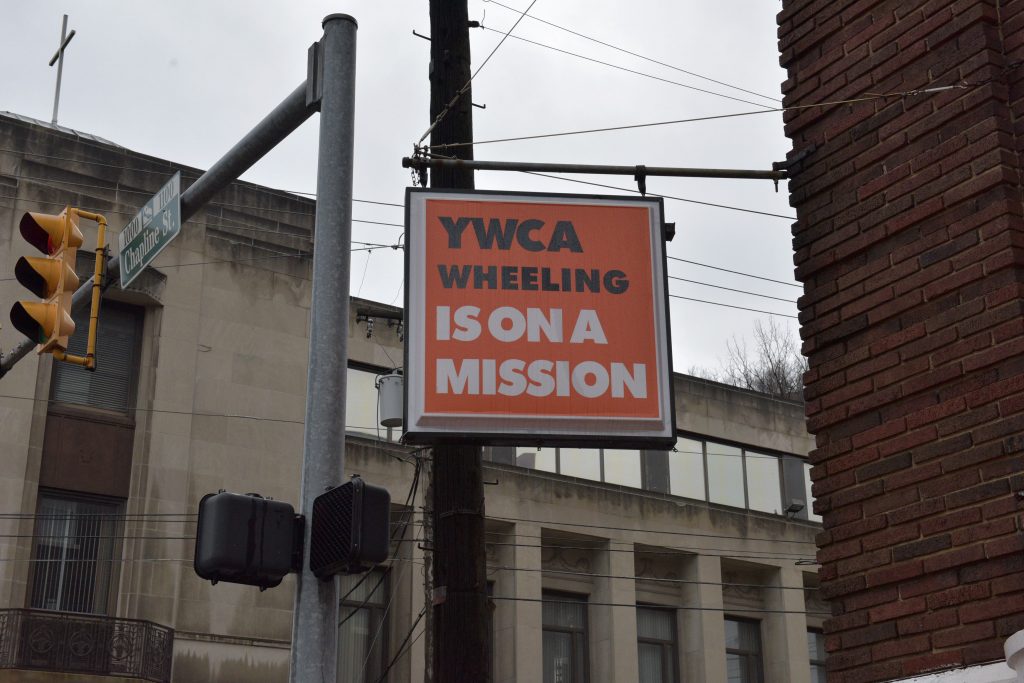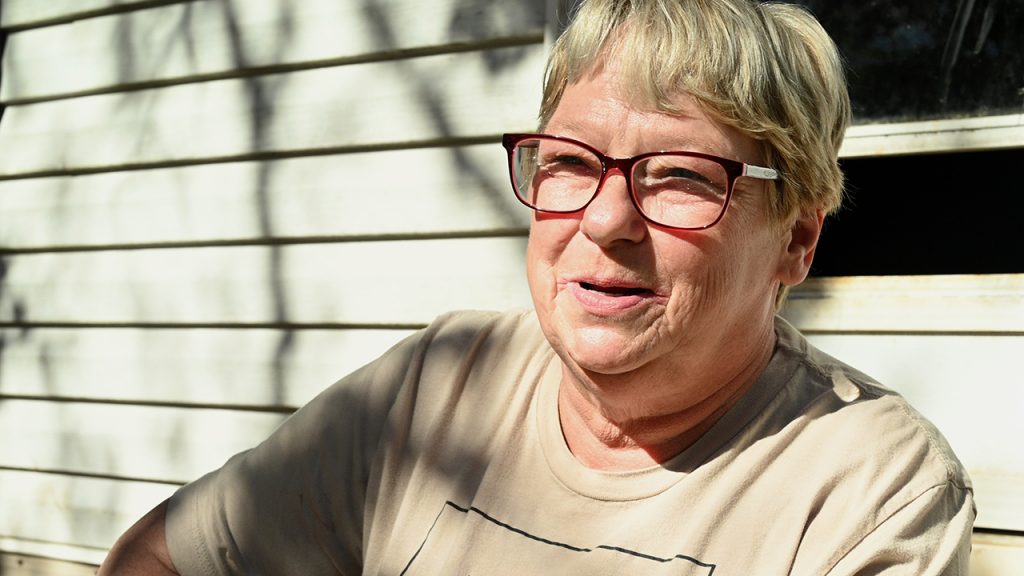Justice Reinvestment: What is it and is it working in WV?

In 2017, West Virginia incarcerated around 7,021 people in state prisons costing tax payers a little over $184 million. According to a report from the Prison Policy Initiative, West Virginia incarcerates 690 per 100 thousand people. At that rate, the state is incarcerating more people per capita than El Salvador, Cuba, or Thailand.
In 2013, West Virginia passed a bill that requires the state to budget money each year for state organizations to help fund particular rehabilitation services with the goal of reducing recidivism. The bill formally named Senate Bill (SB) 371 is commonly referred to as the Justice Reinvestment Act.
Since it was implemented in 2015, the state of West Virginia has spent more than $11 million dollars on programs designed to help reduce the incarcerated population in the state. Most of those programs are recovery programs for substance abuse disorders, or for victims of domestic or sexual violence.
The Justice Reinvestment Act is a research-based approach to being smart on crime. According to the West Virginia Division of Corrections Annual Report for fiscal year 2018, it cost $70.90 per day to keep a prisoner incarcerated and $25,879 per year. Instead of adding to the number of incarcerated people in West Virginia and increasing that amount of money, the goal of reinvestment is to provide alternatives to prison where people struggling with addiction can get help.
Judy Utley, a West Virginia resident, first began using crack-cocaine when her younger sister introduced her to the drug. Her marriage turned abusive both physically and emotionally, and she turned increasingly to drugs as a release from that.

Photo by Patrick Orsagos
Her battle with addiction was during the 1980s and 1990s when there were not nearly as many sources of rehabilitation. Utley spent time in jail and frequented rehab multiple times until she got clean. Now, she volunteers as a peer recovery coach at Celebrate Recovery in Clarksburg. It is a faith-based, 12-step program. In addition to her volunteer work as a peer recovery coach, she works at Valley Health Care System as a recovery coach.
“Until I left Michigan and came here [West Virginia] I really didn’t think about getting healthy,” said Utley, whose addiction led to her incarceration when her son was teenager.
Now that she works with others in recovery, she has both the perspective of an addict and that of a person in recovery, and she has witnessed the changes to recovery programs over the years.
“NA meetings and AA meetings were in the basement of places. They were hidden behind the doors,” she said. When Utley went through withdrawal, there was only mental health treatment available to her, not a medication-assisted substance recovery program.
“It was just a vicious cycle over and over again. Go to jail, get healthy, stay home, get healthy, go to rehab, get healthy, come out, do drugs.”
Unfortunately, Utley has seen her life’s struggle with addiction cycle into her son’s life. When she was in active addiction, she released her son to the care of her mother.
Now, her son has found himself battling addiction and she has been forced to take custody of his two children. Grandparents raising their grandchildren is not a rare phenomenon in West Virginia. According to the Journal of Extension, West Virginia ranks second among all states in the percentage of grandchildren who are raised by grandparents.
The study found that 85.3 percent of grandparents raising grandchildren reported drug-related reasons for becoming the primary caretaker.
West Virginia is one of 42 states since 2007 that has enacted various changes through the Justice Reinvestment Initiative.
In 2015, the state of West Virginia gave $2.4 million to nine different recovery centers throughout the state. Those include:
- Northwood Health Systems
- Healthways
- Jefferson County Day Report
- Mid-Ohio Valley Fellowship Home
- Logan Mingo Area Mental Health Inc.
- Prestera Center for Mental Health Services Inc.
- Western Regional Day Report
- Healing Place of Huntington
- Harrison County Commission
In 2018, the state allocated JRI money to 18 organizations:
- Burlington United Methodist Family Services Inc.
- Mid-Ohio Valley Fellowship Home
- Community Action of South Eastern West Virginia Inc.
- Recovery Group of Southern West Virginia Inc.
- Wayne County Commission
- Recovery Point of Huntington Inc.
- Young Women’s Christian Association of Wheeling
- Berkeley County Council
- Greenbrier County Commission
- Harrison County Commission
- Jefferson Day Report Center Inc.
- Logan County Commission
- Mason County Commission
- Prestera Center for Mental Health- Putnam County
- Prestera Center for Mental Health- Kanawha and Cabell County
- Southern Highlands
- United Summit Center
- Recovery Group of Huntington
The answer to the question of recidivism is tricky. The most recent report by Justice & Community Services, in 2019, reports the three-year recidivism rate of people released from prison in 2015 (the year the state began disseminating the money). That rate was almost 28%, and it had increased about 4% from the 2014 three-year rate.
Larry Messina, Director of Communications at West Virginia’s Department of Military Affairs and Public Safety, said the opioid epidemic plays a role in skewing this data, and he believes until it reaches its peak, it will be hard to tell if the JRI is effective. “Officials do remain confident in the promise of JRI,” Messina said.
But for people like Utley, the programs the JRI funds are a huge step in the right direction. A direction that is much different than prison. In her opinion, there is no value in incarcerating addicts.
“It’s like putting a band-aid over the problem, and it’s still going to bleed every time you take it off,” Utley said.
The state legislature chooses eligible organizations for JRI funds based on criteria which include number of people served, approach to the problem, staff experience and performance data.
Some of the services typically provided include: bed services, alcoholics anonymous and narcotics anonymous meetings, faith-based recovery, 12-step programs, and peer recovery coaching.
Story by Patrick Orsagos


